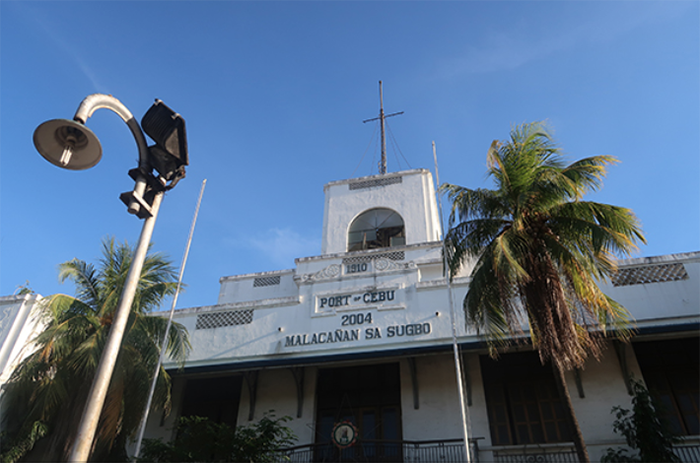Joaquim Magalhães de Castro
The Portuguese were, at the time, lords of the seas, and their pilots, masters and captains, in addition to a place in the armed forces of the kingdom, also competed for a place among their Spanish rivals, and soon they were well paid for their precious services aboard the well-equipped scowls of the businessmen from the Rebel Provinces (future Netherlands) and Old Albion.
In other words: its quotation was at its peak, hence it is understood that during the negotiations that took place in Cebu in that remote year, some of the Spaniards took the opportunity to move to the Portuguese side, a fact that terrified Legazpi, and to the point of taking him to order death by tourniquet to all those who circulated alone or in pairs. This was done and with the greatest cruelty, so that the death of the offenders would serve as an example and discourage future deserters. The tourniquet was, already then, a death penalty quite common in the kingdom of Castile.
Walking covertly along the beach next to the mangroves and, taking advantage of the camouflage of the grove, waving a towel from there to the ships anchored offshore to collect them was the method used by candidates to join the Portuguese ranks. Now, so many times was this scheme used, that Legazpi’s fieldmaster would discover it and would use the same recipe in his favor.
A hundred shotguns were positioned to guard the mangrove while one of his men, used as a decoy, gave the combined signal with the towel. A boat came out of the galleon to pick him up, as was the custom, only this time, when the vessel reached the beach, it was greeted with volleys of boulders that would take the life of “two Portuguese seamen and some Arab sailors,” the rest hurriedly retreating.
Legazpi, however, had not yet used all the trump cards, because days later he attacked the boat used to collect water, a fact reported by the chronicler António Pinto Pereira. As for beriberi disease, which causes more deaths than any of the weapons used, the chronicler Diogo do Couto, chief guard of Torre do Tombo, describes it as a “swelling of the belly and legs, which in a few days kill its victims, ten and twelve each day.”
Couto concludes his chronicle with a new mention of Marramaque’s inability, who “died miserably, owing more than sixty thousand cruzados, which he never paid.” In other words, the entire Cebu campaign was a resounding failure, in military and commercial terms (the Portuguese had intended to make comercial deals), and all this because the captain-general entrusted the enterprise to an incompetent captain and he himself had no firm grip when it was demanded.
photo by Joaquim Magalhães de Castro


 Follow
Follow


